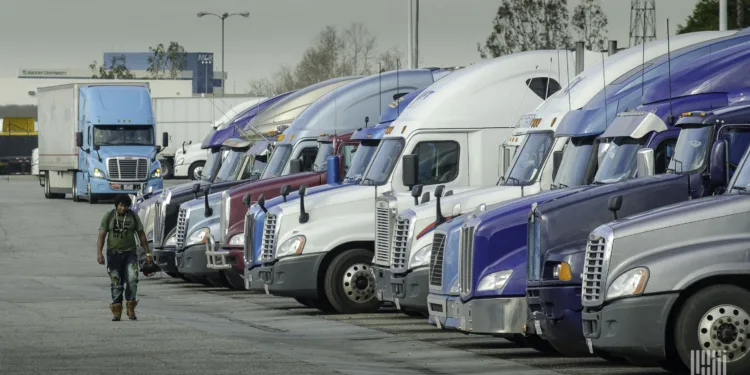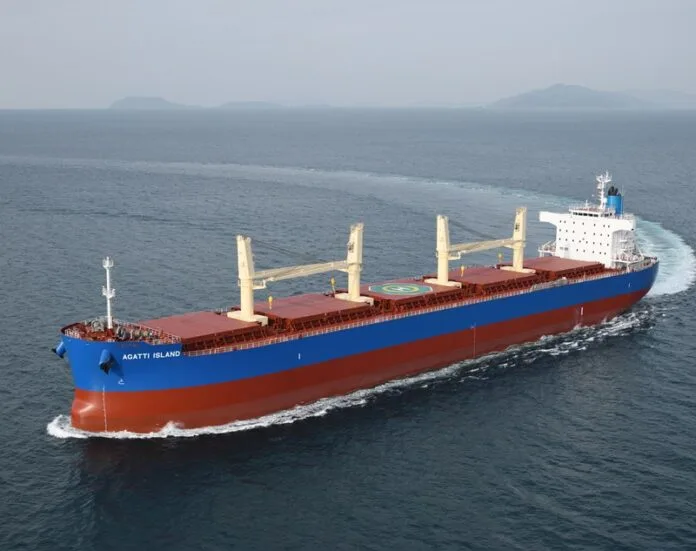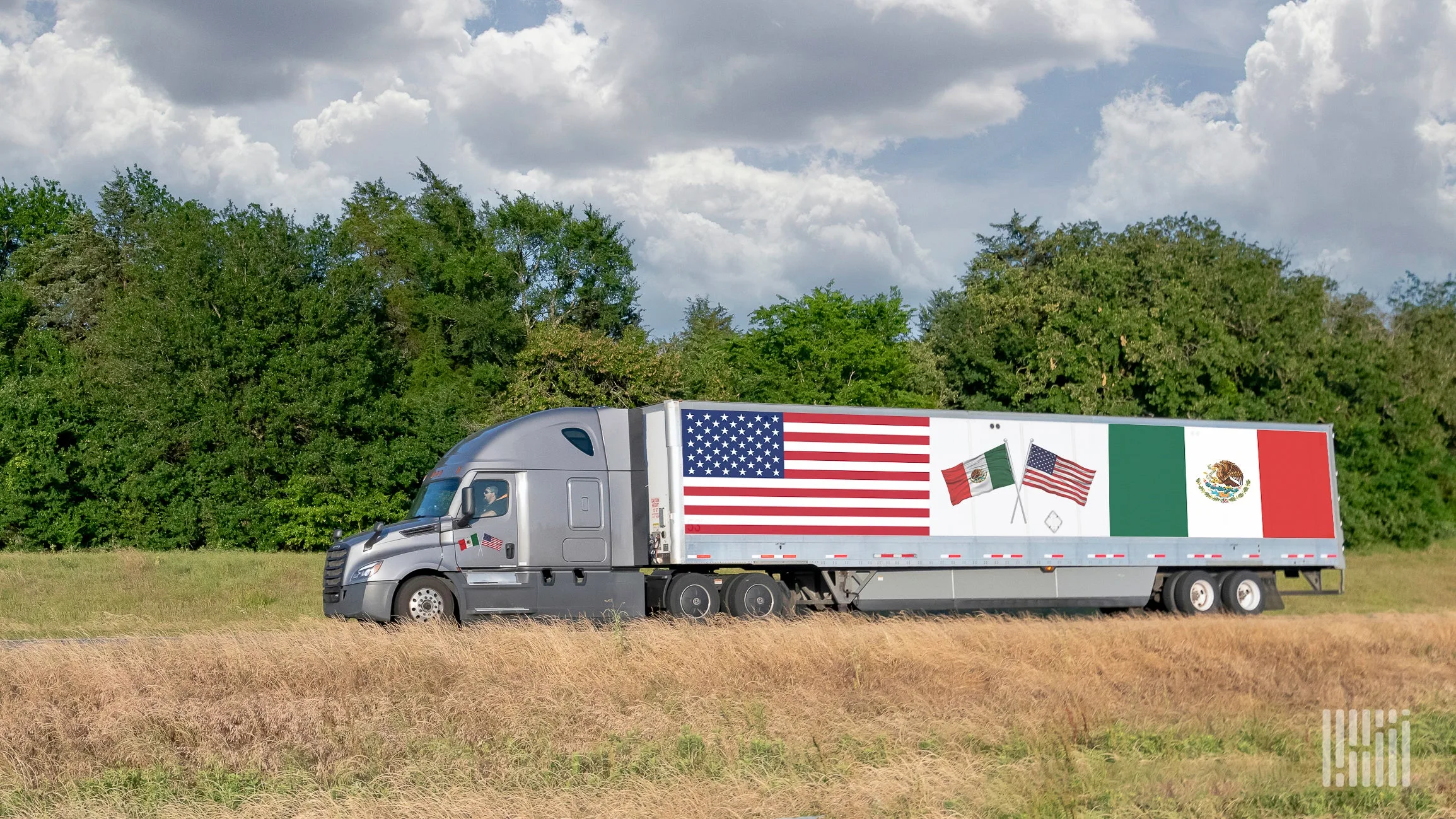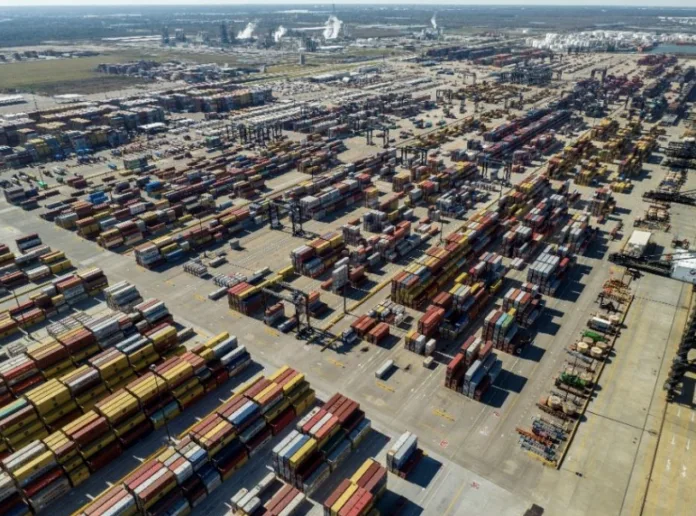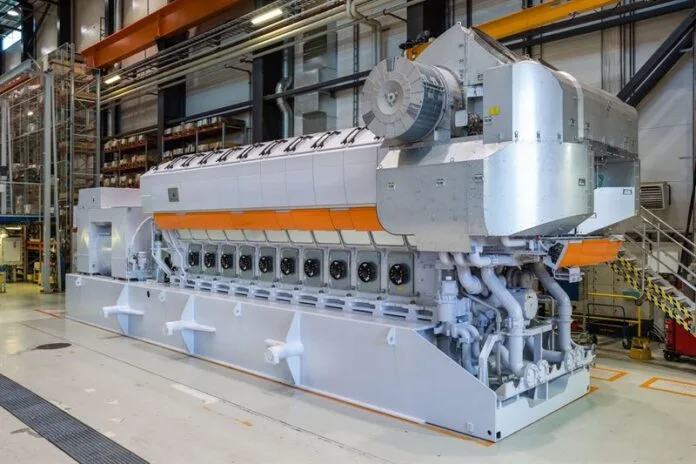WASHINGTON — The International Brotherhood of Teamsters has submitted to the U.S. Department of Transportation its list of trucking policy goals for the next highway bill reauthorization, which includes plans to oppose changes to hours of service rules and restrictions on emerging autonomous vehicle (AV) regulations.
“The Teamsters oppose efforts to weaken federal hours of service protections, or to provide additional flexibility to states or other entities to waive or otherwise modify hours of service requirements as these regulations remain a key component to combating fatigue amongst drivers,” the union told DOT.
Recognizing that the Trump administration is beginning to lay the ground work for the adoption of automated cars and heavy trucks, the Teamsters is pushing Congress to use the opportunity “enact legislation which establishes a binding safety framework for AVs and considers impacts on the workforce,” including:
- Creating new AV standards for vehicle inspections required by the Federal Motor Carrier Safety Administration, including roadside and pre-trip inspections.
- Requiring that any human responsible for any level of operations or oversight over [AVs] be subject to all FMCSA regulations, including commercial driver licensing and hours of service.
- Giving FMCSA the ability to revoke the operating authority of AVs by any operator at its discretion due to safety issues.
- Prohibiting fully automated driver-out operations when hauling hazardous materials.
- Addressing workforce impacts of automated vehicles, including as it relates to job loss and retraining on new technology.
- Refraining from preempting state efforts to develop autonomous vehicle policy which is more stringent than federal law.
- Mandating the development of new Federal Motor Vehicle Safety Standards for autonomous vehicles, and ensuring compliance is not solely predicated on self-certification.
Union-backed driver training
The Teamsters is urging Congress to include in next year’s authorization bill a new or expanded grant program that supports institutions – such as labor unions – for training new truck drivers. “The program should further prioritize high-quality training facilities and curriculum and be targeted to nonprofit entities,” the union stated. “The Teamsters operate over 20 low- or no-cost CDL training facilities across the country, which maintain high graduation and job placement rates, and matriculate consistently safe drivers.”
Tightening safety monitoring
The union told DOT that it has evidence of trucking companies avoiding FMCSA’s Compliance, Safety, Accountability (CSA) program that the agency uses to conduct enforcement actions of individual motor carriers.
“Certain entities are skirting this oversight by instead relying on large pools of contracted fleets operating with unique DOT numbers – resulting in any attendant safety data only affixing to the contractees, not the contractor who impelled the contracted fleets,” the Teamsters assert. “FMCSA should be directed to amend the CSA program to collect safety metrics for entities making use of large numbers of contracted fleets, which would be inclusive of the safety performance of all contracted carriers.”
Pathway for under-21 drivers
The Teamsters is also against efforts to allow drivers between the ages of 18 and 21 to qualify for a CDL that are without guardrails to address high turnover rates and a failure to retain long-haul truckers in the industry.
“If modifications are made to the minimum interstate age, Congress should require drivers to participate in a highly structured program, including both substantial behand the wheel hours and clear pathways to employment,” the union stated.
Return-to-work discrimination
The union asserted that some trucking companies are refusing to hire drivers who are complying with the terms of the return-to-work process initiated by a former employer for drivers who have received a violation documented within the FMCSA’s Drug and Alcohol Clearinghouse.
When such a violation occurs, the driver is required to complete the work-return process as directed by the Substance Abuse Professional (SAP) of their employer.
However, there are instances where the hiring company is refusing the driver “not because of the violation but because they do not want to oversee compliance with a plan created by an SAP they do not employ,” according to the union.
Lawmakers “should clarify that employers may not discriminate during the hiring process based on an unwillingness to assume an otherwise compliant return-to-work program.”
Related articles:
- Legal challenges ahead for truck speed, hours-of-service rules?
- Legislation seeks to add hair tests to FMCSA’s drug clearinghouse
- FMCSA has rejected 34% of under-21 truck driver applications
Click for more FreightWaves articles by John Gallagher.
The post Trucking union sets highway bill priorities appeared first on FreightWaves.



